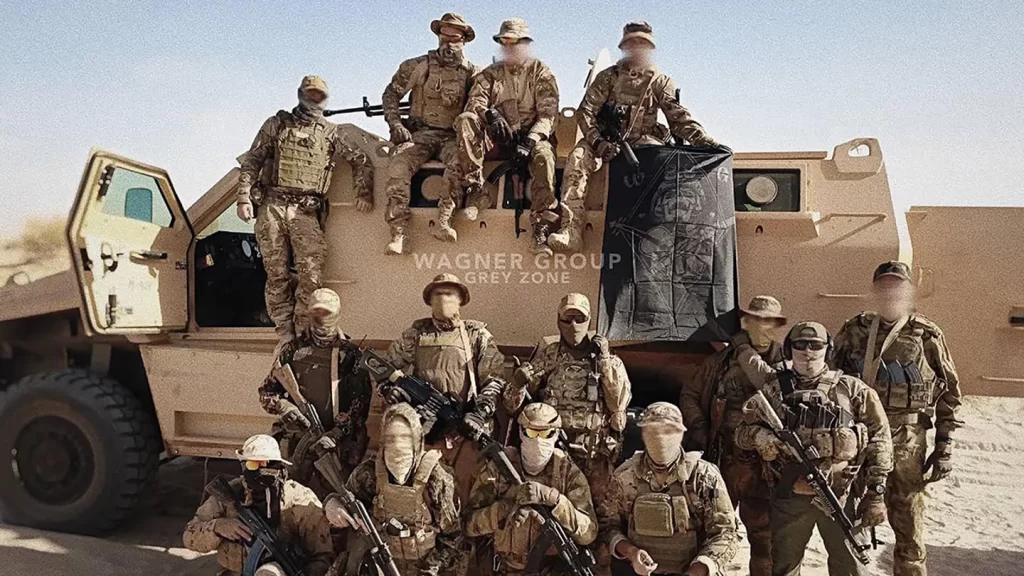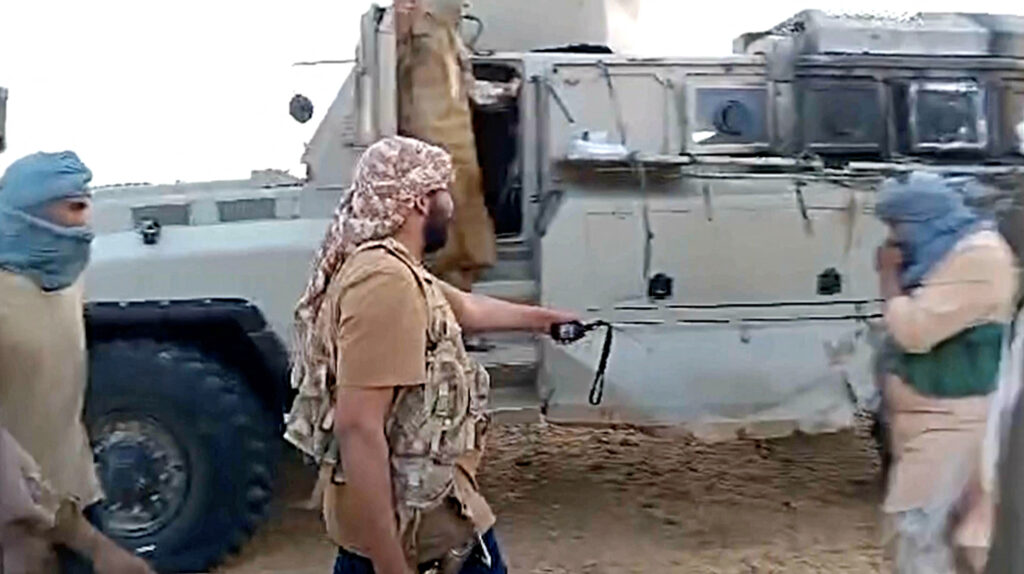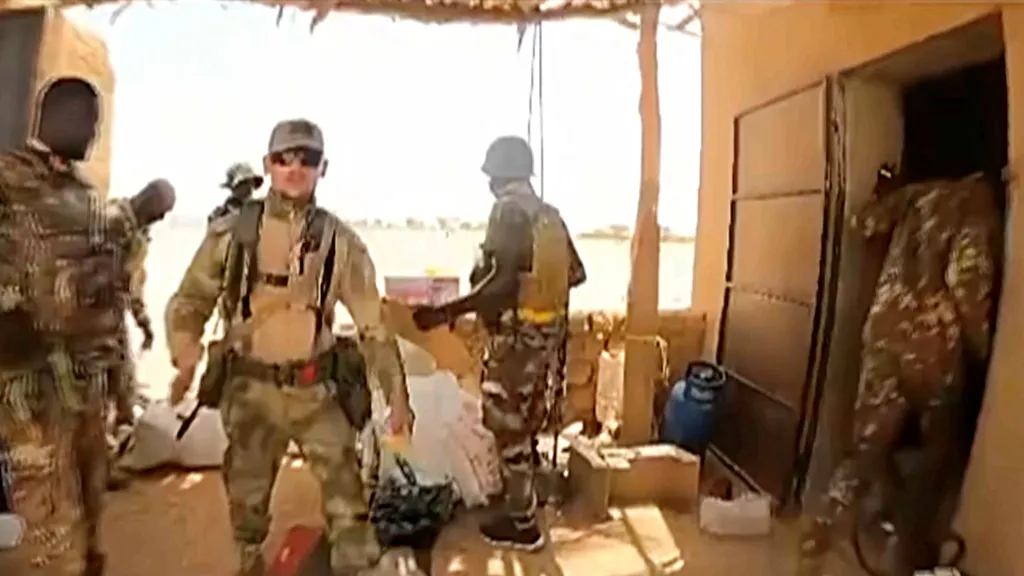A deadly ambush by Tuareg rebels in northern Mali has dealt a significant blow to Russia’s Wagner Group, with dozens of experienced mercenaries presumed dead, including veterans of conflicts in Ukraine, Libya, and Syria, according to interviews with relatives and an extensive review of social media data.

The battle, which took place near Tinzaouaten on the Algerian border in July, has exposed the vulnerabilities of Russian mercenary forces working for military juntas in the Sahel region. These governments are struggling to contain separatist movements and offshoots of Islamic State and Al Qaeda across Mali, Burkina Faso, and Niger.
Through cross-referencing public information with online posts from relatives and fighters, interviews with seven family members, and facial recognition analysis of battlefield footage verified by Reuters, the news agency identified 23 fighters missing in action and two others taken into Tuareg captivity following the ambush.

Many of the presumed casualties had survived intense conflicts, including the siege of Bakhmut in Ukraine, which Wagner’s late founder Yevgeny Prigozhin described as a “meat grinder.” Some were former Russian soldiers, with at least one having completed a full army career before joining Wagner.
Margarita Goncharova, mother of 31-year-old Vadim Evsiukov, told Reuters her son was recruited from prison in 2022 and rose to lead a platoon of 500 men in Ukraine. After returning home and briefly working as a tailor, he secretly traveled to Africa in April to rejoin his former commander, driven by survivor’s guilt.
“He wanted to fly to Africa many times. I discouraged him as much as I could,” Goncharova said. “I told him ‘fate has given you a once-in-a-million chance. You can start your life again, you’ve won such a crazy lottery’.”

The Russian Ministry of Defence, Ministry of Foreign Affairs, and Wagner did not respond to requests for comment.
Following Prigozhin’s death in August 2023, many Wagner employees were invited to join the newly created Africa Corps under the Russian defense ministry. The Africa Corps claims about half its personnel are former Wagner employees who are allowed to use Wagner insignia.
The Malian government downplayed the impact of the defeat. Colonel Major Souleymane Dembele, army spokesman, told Reuters, “The Malian Armed Forces are committed to restoring the authority of the state throughout the country.”
While Wagner acknowledged heavy losses in the ambush, it provided no specific figures. Tuareg rebels claimed to have killed 84 Russians and 47 Malians. Reuters verified footage showing at least 47 bodies, mostly white men in military-style uniforms, lying in the desert.
The defeat has raised doubts about whether Moscow, which has admitted funding Wagner and absorbed many of its fighters into a defense ministry force, can outperform the Western and U.N. troops recently expelled by the juntas in the region.

Mikhail Zvinchuk, a prominent blogger close to the Russian defense ministry, suggested on social media that Wagner fighters from Ukraine had underestimated the rebels and Al Qaeda fighters in the region.
The incident has left many families in anguish. Lyubov Bazhenova, mother of 25-year-old Vladimir Akimov, expressed anger at Wagner for providing no further information about her son’s fate or the whereabouts of his body. She said letters to various Russian government offices had gone unanswered.
As Russia attempts to maintain its influence in Africa, the Mali defeat underscores the challenges faced by its mercenary forces. Eric Whitaker, former U.S. envoy to Burkina Faso, noted that the Putin administration has achieved complete control over the Wagner brand post-Prigozhin, with Africa Corps now earning hard-currency payments from host governments and gaining revenue from gold mining activities in the Sahel.
However, the increase in Russian mercenary activity has been accompanied by a rise in violence. Data from the Armed Conflict Location & Event Data Project shows an 81% increase in violent events linked to Russian mercenaries and a 65% rise in reported civilian fatalities over the past year in Mali.
As the situation evolves, Tuareg spokesman Mohamed Elmaouloud Ramadane warned that the rebel alliance is preparing for more clashes. The ongoing conflict and potential further losses could ultimately challenge Russia’s military presence in the region, reminiscent of Wagner’s quick withdrawal from northern Mozambique in 2019 following significant casualties.
REUTERS



